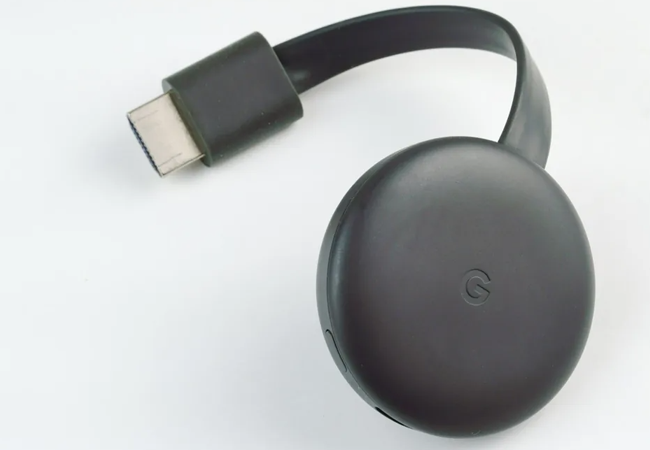The IT industry is buzzing with the news that Google has chosen to discontinue the "guest mode" function on its popular Chromecast devices. This seismic move is a break from the ease that users have become used to, as they will now only be able to cast content over a host's Wi-Fi network. As the virtual ink sets, we dive into the complexities of this surprising action and speculate on Google's intentions.
Guest Mode Says Goodbye
For years, the Chromecast's "guest mode" served as a beacon of convenience, enabling users to cast their favorite entertainment without needing to connect to the internet. This valued function, however, has been ceremoniously deleted, forcing users to negotiate the maze of Wi-Fi networks for casting. The loss of the guest mode, a decade-long staple of Chromecast's capabilities, has sparked a frenzy of inquiries and debates.
A Muted Rationale
In this growing story, Google's silence is as deafening as its choice. Despite the evident turmoil among users, the internet behemoth has yet to lift the curtain on the reasoning for this seismic shift. As speculation takes control, rumors of security concerns drive this choice resonate through the hallways of supposition. With data privacy and digital security at the forefront of contemporary worries, may this move be a calculated step toward protecting user experiences?
Consider Security
Among the conjecture, security has emerged as a key topic of consideration. Could Google's decision to discontinue guest mode be a purposeful move to strengthen Chromecast's security fortress? As cyber threats get more complicated, IT companies find themselves in a never-ending arms race to protect their goods and consumers from possible intrusions. Could this be a proactive step to prevent unwanted access to user data?
A Data-Driven Story of User Behavior
Every choice in a data-driven world bears the weight of user behavior insights. Google, a business associated with data-driven methods, may have discovered intriguing tendencies that resulted in the demise of the guest mode. Could this choice indicate shifting user patterns, reflecting a decreasing dependence on the once-coveted feature? Analyzing the ebb and flow of user interactions may give insight about casting's developing function in a linked digital universe.
Goodbye, Guest Mode
As the sun sets on the age of "guest mode," nostalgia pervades the digital environment. A feature that traversed boundaries and resisted connection limits has now gone down in tech history. While this chapter has concluded, the tome of Chromecast's voyage continues to be written, leaving users and enthusiasts alike to question the future of casting, connection, and the unstoppable march of technological advancement.
Finally, the decision to withdraw the "guest mode" option on Chromecast has caused consternation in the tech world. Questions linger in the hole created by this absence, and suspicions abound. While the why and how are unknown, one thing is certain: the legacy of guest mode will live on in the collective consciousness of users, serving as a reminder of a bygone period of casting ease. The attraction of the digital horizon beckons as we negotiate this new casting terrain, offering ongoing innovation and the next phase of technological advancement.


Post a Comment